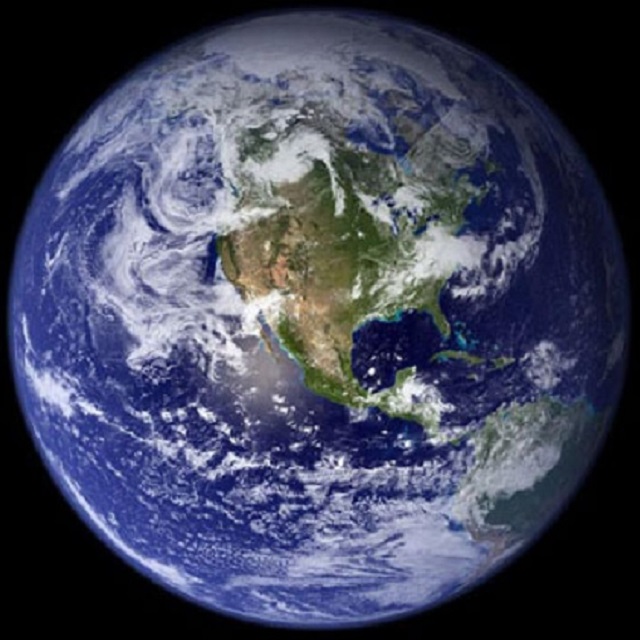Falcon
NOT FOR REPRINT
The 5 Worst Countries for COVID-19 Now
By
Allison Bell
Slideshow March 24, 2021 at 12:55 PM
Share & Print
Just when you thought it might safe to crowd into nightclub with a thousand coughing strangers ... many countries in the world have started reporting a growth in COVID-19 cases. World public health agencies reported 524,075 new COVID-19 cases Tuesday, according to the Johns Hopkins University Coronavirus Resource Center. That's 11% more new cases than the coronavirus center recorded a week earlier, and 35% more than the center recorded four weeks earlier. The numbers are not yet as high as they were during the wave that swept over the world from late October 2020 through the end of January. However, some countries are reporting spikes that could be related to the emergence of new "variants," or strains, of severe acute respiratory syndrome coronavirus 2 (SARS-CoV-2), the virus that causes COVID-19. The world has suffered 45 newly reported cases of COVID-19 per 100,000 people in the past seven days, according to the World Health Organization. In big, developed countries, the number of new cases per 100,000 residents, over the past seven days, has ranged from 0.3, in Australia, up to more than 700, in one Baltic country. (To find out which Baltic country, see the slideshow above.) Those numbers mean that, in some countries, a typical large city might have only a handful of residents with COVID-19. In other, hard-hit countries, more than 1 out of every 200 residents has tested positive for COVID-19 in just the past week. Since the pandemic started, 2.2% of the people in the world who have tested positive for COVID-19 have died. The United States has recorded 115 new cases per 100,000 residents in the past seven days. The United States has given more than 20% of its residents at least one dose of a COVID-19 vaccine. The vaccinations provided so far may have protected enough vulnerable people against enough strains of SARS-CoV-2 to ward off any big new surge in the number of severe cases. But the large number of new cases still occurring elsewhere in the world increases the number of times the COVID-19 virus gets to reproduce. Every time COVID-19 reproduces outside the United States, that creates a chance for a random change in the virus's genes to create a new, vaccine-resistant variant that will eventually make its way to the United States. (Image: NASA)
NOT FOR REPRINT
© Touchpoint Markets, All Rights Reserved. Request academic re-use from www.copyright.com. All other uses, submit a request to [email protected]. For more inforrmation visit Asset & Logo Licensing.
Featured Resources
View All
Sponsored by Axos Advisor Services
Integrated Banking Solutions: How To Enhance Client Services and Grow Your Business

Sponsored by Optifino
Three Macro Trends Impacting Long-Term Care: Trends, Solutions & Client Conversations

Sponsored by Vanilla
The Missing Piece: Why Advisors Who Skip Estate Planning are Failing Their Clients







